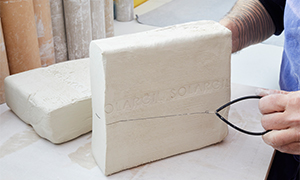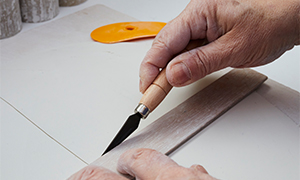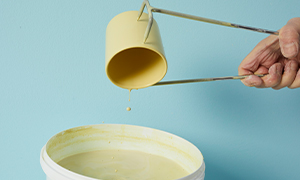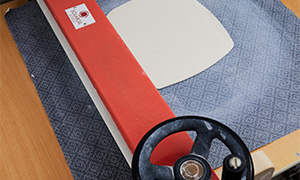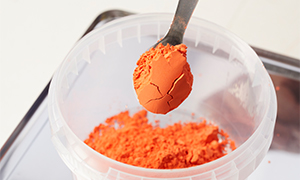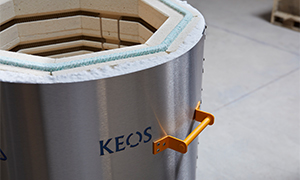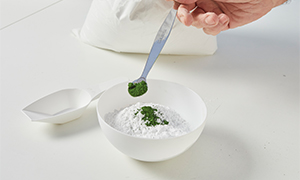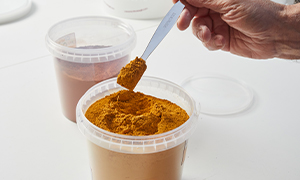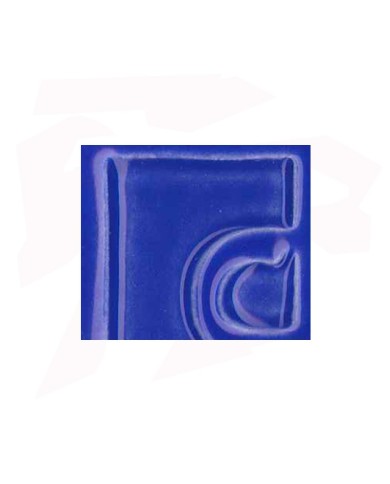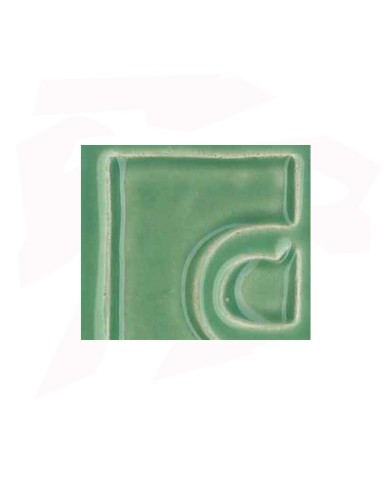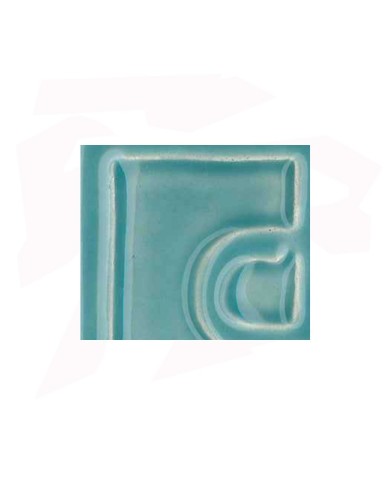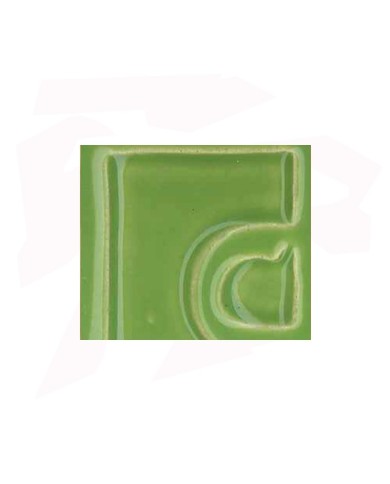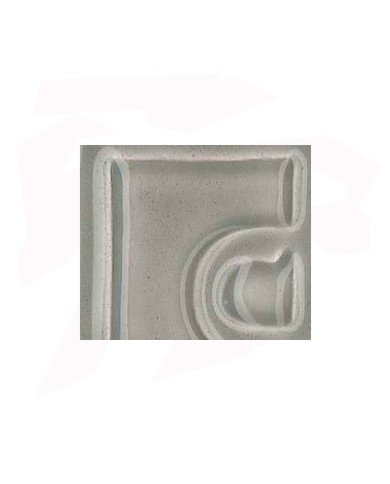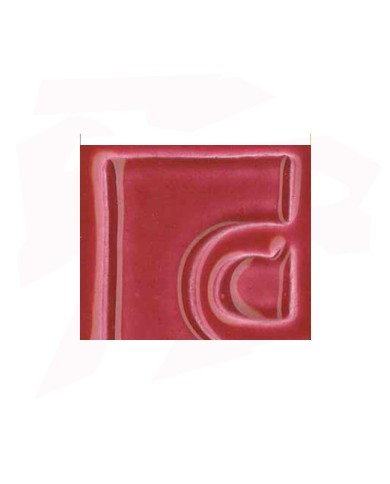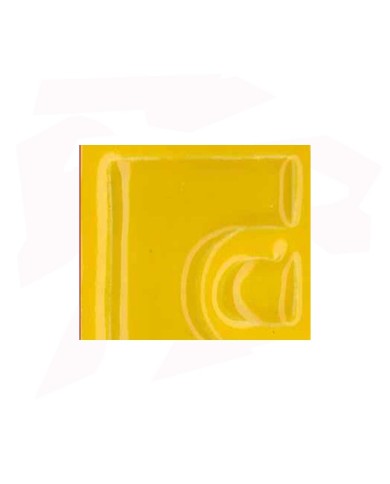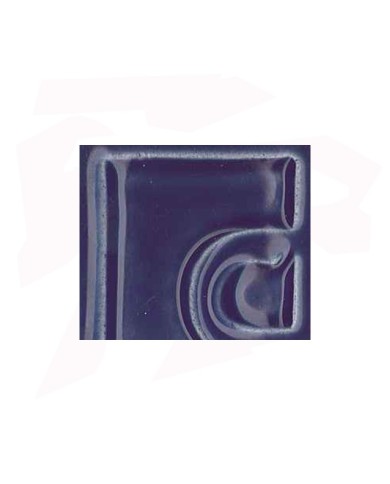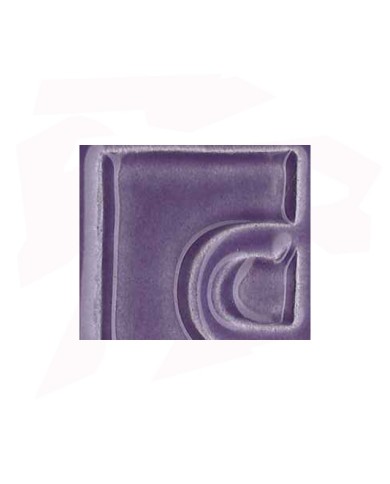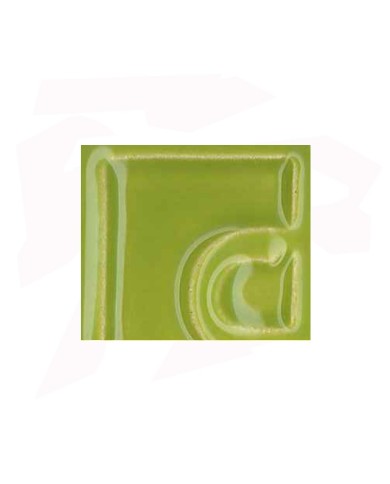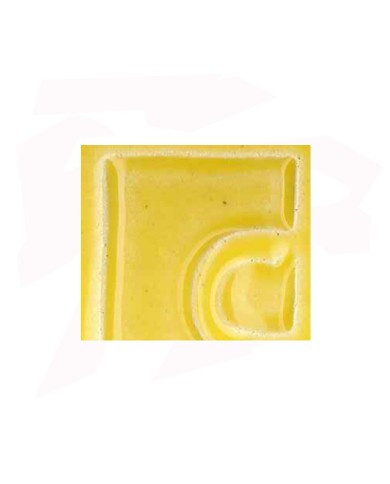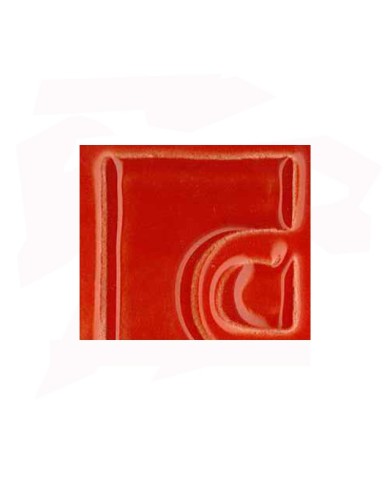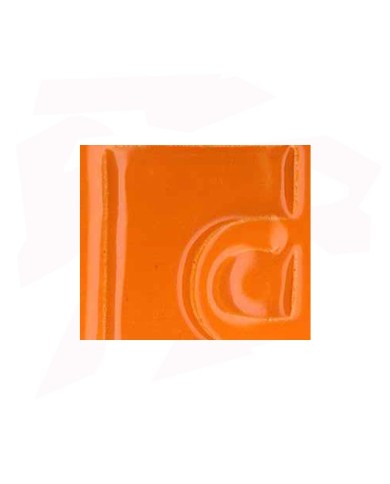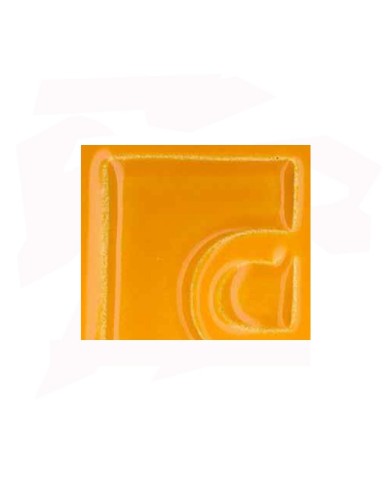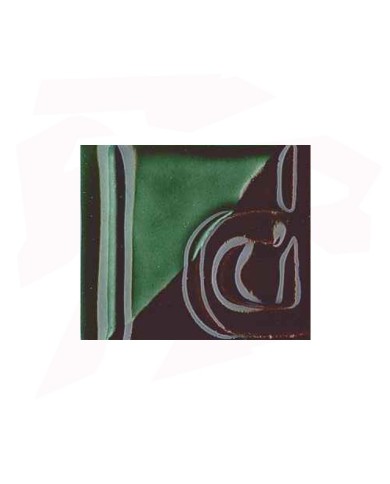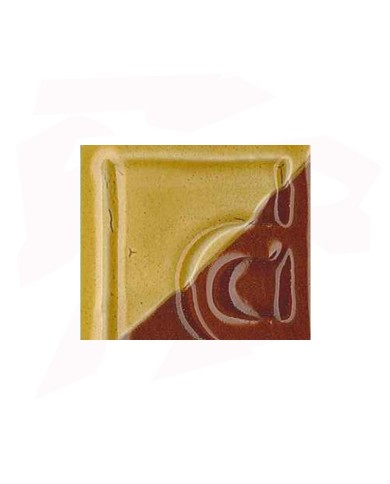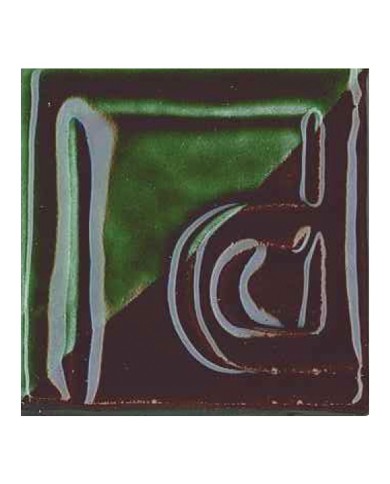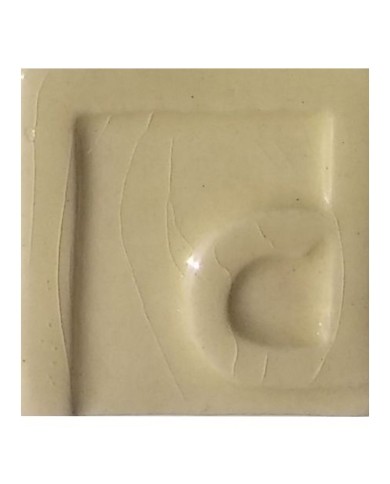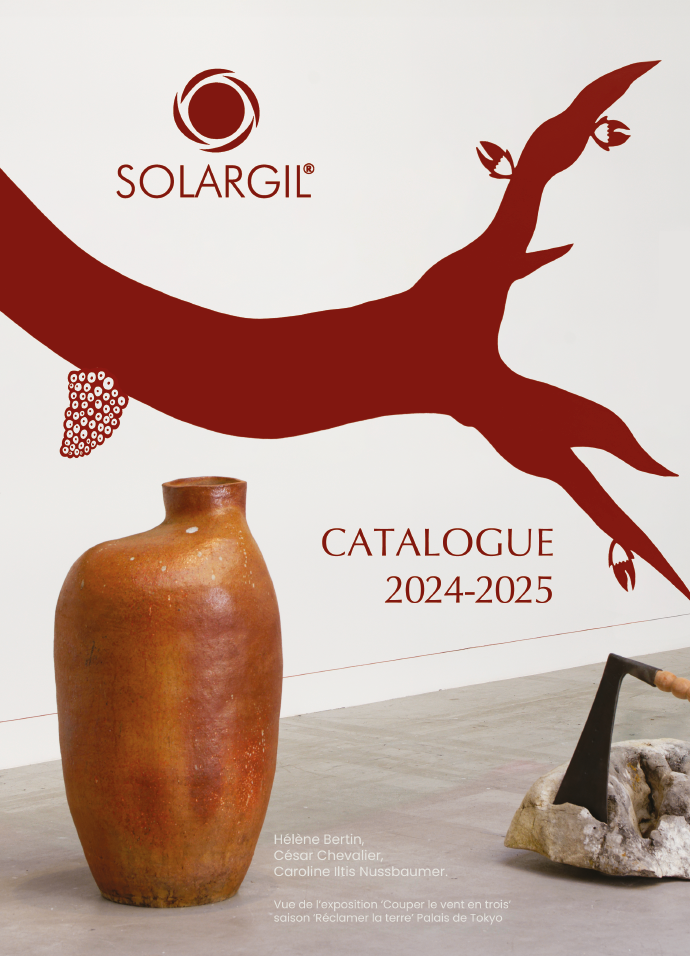Transparent alkaline - PR02/M-2
Lead-free shiny transparent enamel.
For enamelling sandstone clays.
Optimal firing temperature 1120-1180°C.
Blue majorelle XP3261/T (Ex E31009/61 )
Free of lead
GROUPE I
Temperature of firing : 930-1050°C
Green mint XP3260/T (Ex E31009/60 )
Free of lead
GROUPE I
Temperature of firing : 930-1050°C
Bright blue lagoon XP3259/T (Ex E31009/59 )
Free of lead
GROUPE I
Temperature of firing : 930-1050°C
Green kiwi XP3257/T (Ex E31009/57)
Free of lead
GROUPE I
Temperature of firing : 930-1050°C
Grey pearl XP3256/T (Ex E31009/56)
Free of lead
GROUPE I
Temperature of firing : 930-1050°C
Glaze Rose rasperry XP3254/T (Ex E31009/54)
Pink Rasperry
Free of lead
GROUPE I
Temperature of firing : 930-1050°C
Yellow canary XP3237/T (Ex E31009/37)
Free of lead
GROUPE I
Temperature of firing : 930-1050°C
Bright night blue XP3059/T
Free of lead
GROUPE I
Temperature of firing : 980-1050°C
Coefficient of expansion: 55
Bright purple XP3055/T
Free of lead
GROUPE I
Temperature of firing : 930-1050°C
Coefficient of expansion: 52
Bright pistachio green XP3054/T
Free of lead
GROUPE I
Temperature of firing : 930-1050°C
Coefficient of expansion: 52
Bright yellow XP3053/T
Free of lead
GROUPE I
Temperature of firing : 930-1050°C
Coefficient of expansion: 55
Bright red XP3052/T
Free of lead
GROUPE I
Temperature of firing : 930-1050°C
Coefficient of expansion
Bright orange XP3051/T
Free of lead
GROUPE I
Temperature of firing : 930-1050°C
Coefficient of expansion: 55
Bright oranged yellow XP3050/T
GROUPE I
Free of lead
Temperature of firing : 930-1050°C
Coefficient of expansion: 55
Glaze Copper green XP3048
Groupe I
Firing temparature: 960-1050°C
Glaze Honey XP3043
Advice :
Temperature of firing : 930-980°C
Dilation coeff : 74
Mentions :
GROUPE I : Enamel without lead
Lead-free copper green enamel - XP 3025
For enamelling ceramic pieces in red clay or engobed.
Firing temperature between 980-1020°C.
Transparent glaze - PR O
Composed of Frit.
Transparent varnished which has been specially studied for pieces of pottery which must contain food.
It adapts correctly both to popular earthenware (red clay) in double firing, as in single firing, because in its formulation, products are included which favor its adhesion to the soil.
It admits the addition of coloring oxides and in particular the natural ones (Cu, Co, Mn, Fe, ....).
It perfectly develops both underglaze colors and our range of colored engobes.
The firing temperature varies between 930-980ºC. At temperatures above 970ºC, kaolin or clay should be added.
Transparent lead-free powder enamel - PR99
Composed of Fritte.
For enamelling of white earthenware.
We can decorate under and on enamel.
Obtaining coloured enamels by adding dyes from the "P" series.
Firing temperature between 1000 and 1100ºC.

